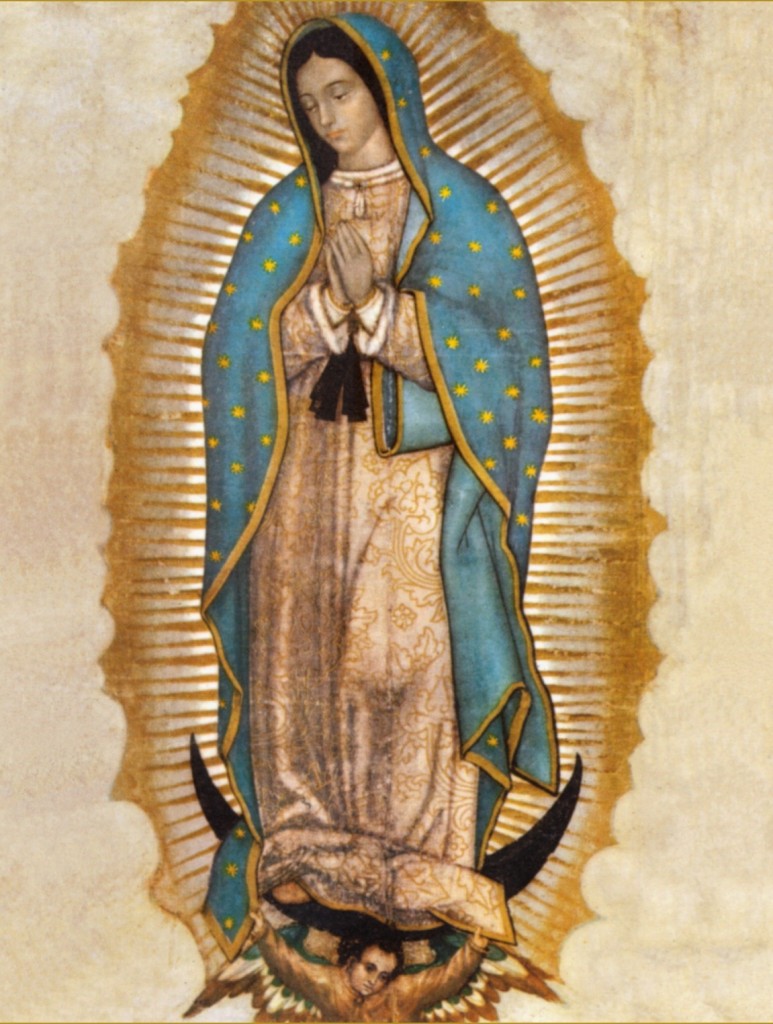To Jesus through Mary / A Jesús por María
Les invitan a un retiro de adviento en englés
Hace dos semanas, ofrecimos a un retiro del Adviento en español. Anunciamos un retiro similar en inglés . Será las noches de Dec. 7-9. Será live streamed en Facebook/DIOJEFFCITY a las 7:00 pm cada noche. Puede encontrar en:
https://diojeffcity.org/event/online-advent-retreat-english/
Your are invited to the Jefferson City Diocesan Advent Retreat
The idea for an Advent Virtual Retreat arose from our desire to offer reflections on Advent for the three evenings: Dec. 7-9. It will be live streamed on Facebook/DIOJEFFCITY at 7:00pm each evening. It may be found on:
https://diojeffcity.org/event/online-advent-retreat-english/
A Jesús por María
Aunque soy un Redentorista, un hijo de San Alfonso de Ligorio, quien es el Doctor en Mariología de la iglesia, esas palabras salieron de nuestras lenguas fácilmente, pero no significaron tanto para mí como cuando comencé a trabajar en el Ministerio Hispano. Hoy es la fiesta de la Inmaculada Concepción, la doctrina fundada significativamente en la enseñanza de San Alfonso. María tuvo un papel íntimo en la historia de la salvación ya que es la Madre de Dios. Todo en ella apunta a su hijo. Nosotros mismos la miramos como nuestra madre, dándonos vida a través de su hijo.
Cuando comencé a estudiar el Nican Mopohua, el poema en náhuatl que nos da la historia de Nuestra Señora de Guadalupe, me dijo que considerara el poema como una obra cristológica, más que como una obra mariológica. Tenía que considerar lo que significó para el indígena Juan Diego descubrir su dignidad de ser hijo de Dios, y hacerse cristiano.
El lugar de la Virgen en la vida del mexicano es una expresión íntima de cómo todo mexicano se ve a sí mismo en Juan Diego saliendo de las profundidades de la crisis vivida en la Conquista, para ser visto como noble, digno y fiel. La canción dice que, a partir de ese momento, para el mexicano, ser guadalupano es algo esencial. Cuando un mexicano proclama a María como su madre, es una profesión de fe, identidad y dignidad.
“¿No estoy yo aquí, yo, que soy tu Madre?”
(Nican Mopohua, 119)

To Jesus Through Mary
Even though I am a Redemptorist, a son of St. Alphonsus Liguori who is the church’s Doctor of Mariology, those words came off our tongues easily, but did not mean as much to me as when I began to work in Hispanic Ministry. Today is the feast of the Immaculate Conception, the doctrine founded significantly on the teaching of St. Alphonsus. Mary played an intimate role in the salvation story as she is the Mother of God. Everything about her points to her son. We ourselves look to her as our mother, giving life to us through her son.
When I began studying the Nican Mopohua, the poem in Nahuatl that gives us the story of Our Lady of Guadalupe, I was told to consider the poem as a Christological work, rather than a Mariological work. It meant to consider what it meant for the indigenous Juan Diego to discover his dignity as a child of God, becoming a Christian.
The place of the Virgin in the life of the Mexican is an intimate expression of how every Mexican sees oneself in Juan Diego rising from the depths of the crisis experienced in the Conquest, to being seen as noble, dignified and faithful. The song says that, from that time forward, for the Mexican, to be a Guadalupano is essential. When a Mexican claims Mary as his or her mother, it is a profession of faith, identity and dignity.
“Am I not here, I, who am your Mother?”
(Nican Mopohua, 119)





